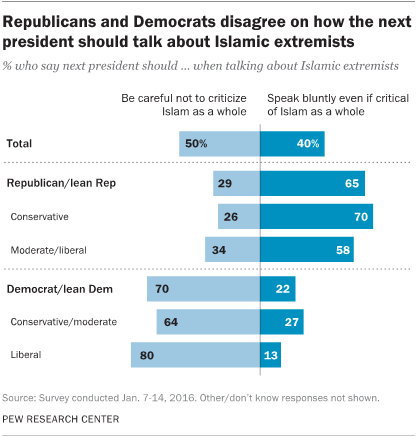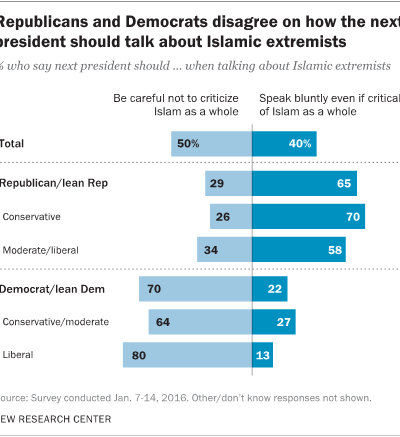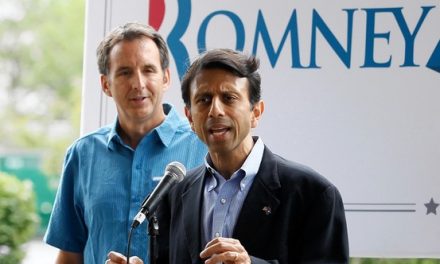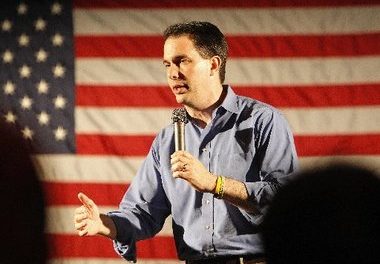 Most Americans say religion doesn’t cause violence, but rather that violent people use religion to justify their actions
Most Americans say religion doesn’t cause violence, but rather that violent people use religion to justify their actions
Washington DC, Feb. 3, 2016 – As President Obama makes his first visit to a U.S. mosque during his presidency, a new Pew Research Center survey finds that half of Americans say the next president should be careful not to criticize Islam as a whole when speaking about Islamic extremists, while four-in-ten want the next president to speak bluntly about Islamic extremists even if the statements are critical of Islam as a whole.
Blunt talk is preferred by 65 percent of Republicans and those who lean toward the Republican Party, while 70 percent of Democrats and independents who lean Democratic express the opposite view, saying the next president should speak carefully about Islamic extremism so as not to criticize Islam as a whole.
The survey also shows that many Americans think a substantial segment of the U.S. Muslim population is anti-American. While 42 percent of adults say “just a few” Muslims in the country are anti-American (or that none are), 49 percent of the public believes at least “some” U.S. Muslims are anti-American, including 11 percent who say “most” or “almost all” U.S. Muslims are anti-American and 14 percent who think “about half” the U.S. Muslim population is anti-American.
While many Americans are concerned about Islamic extremism, the new survey shows that most people think the problem with violence committed in the name of religion is people rather than with religion per se. Indeed, 68 percent of Americans say the bigger problem is that some violent people use religion to justify their actions.
Only 22 percent say the bigger problem is that the teachings of some religions promote violence. However, when those who say they think religious teachings are the bigger problem are asked to specify which religions they think are problematic, Islam is the most common response offered.
Additional key findings in the report include:
GOP Presidential Candidates and Islam: The data show that among Republican voters who want the next president to speak bluntly about Islamic extremism even if it means being critical of Islam (69 percent of all Republican voters), a solid majority thinks that both Donald Trump (63 percent) and Ted Cruz (61 percent) would be good or great presidents.
Views on Discrimination: Most Americans (59 percent) say there is a lot of discrimination against Muslims in the U.S. today. This view is particularly common among Democrats (74 percent); far fewer Republicans and Republican leaners say there is a lot of discrimination against Muslims (42 percent).
Familiarity with Muslims: About half of Americans (52 percent) say they personally know someone who is Muslim. This includes 10 percent who say they know a lot of Muslims, 26% who say they know “some” Muslims and 16 percent who say they know one or two Muslims.
These are among the key findings of a Pew Research Center survey conducted from January 7 to 14, 2016, on landlines and cell phones among a national sample of 2,009 adults. The findings are available at http://www.pewforum.org/2016/02/03/republicans-prefer-blunt-talk-about-islamic-extremism-democrats-favor-caution.







